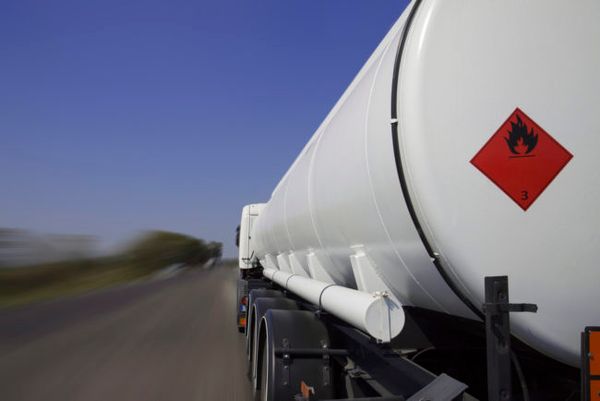2 min read
15 key changes to laws governing transport of dangerous goods in NT
Amendments to the legislation governing the Northern Territory’s transport of dangerous goods by road and rail came into force on 2 December.
The changes, which harmonise the NT with other states and territories by adopting the current national model law, include:
- Insertion of an exemption for dangerous goods in excepted quantities.
- Changes to the information and placarding requirements for the transport of dangerous goods packed in limited quantities. In particular, consignors will be required to provide less detailed documentation, and the aggregate mass for placarding purposes will be increased.
- Introduction of requirements for the storage of transport documentation. In particular, transport documentation must be readily able to be located within the cabin of the vehicle.
- Changes to licensing requirements to confirm that novice drivers are not entitled to a dangerous goods driver licence.
- Elimination of the requirement to remove markings where goods are dangerous for air or marine purposes, but are not dangerous for transportation by road or rail.
- Introduction of obligations for prime contractors relating to the parking, unloading and operation of burners, and the detaching of trailers.
- Introduction of restrictions on the transportation of nominally empty storage vessels.
- Modernisation of ullage requirements in cases where vehicles are transporting dangerous goods and non-dangerous goods in tanks. A variation will be introduced to allow local industry the opportunity to upgrade their fleet over time to comply with the new ullage requirements.
- Clarification of requirements for the use of portable warning triangles, and setting out requirements when broken-down or immobilised vehicles are towed.
- Introduction of an additional requirement in the transport of tools of trade and dangerous goods for private use to avoid the risk of explosion where flammable gasses are transported in an enclosed space in a vehicle.
- Introduction of an approval to use an unlicensed vehicle in the transport of dangerous goods as approved by the regulator. Such approval is only likely to be granted in exceptional circumstances.
- Introduction of the requirement for consignors, prime contractors and rail operators to comply with emergency plans in the event of a dangerous situation.
- Introduction of the exemption of mobile processing units from the regulations.
- Clarification of the insurance requirements associated with combination vehicles. In particular, the required insurance applies to a combination as a whole (rather than to each individual component of a combination).
- Invalidation of any transaction that occurs in contravention of an embargo notice.
From the experts behind the Health & Safety Handbook, the Bulletin brings you the latest work health and safety news, legal updates, case law and practical advice straight to your inbox every week.

